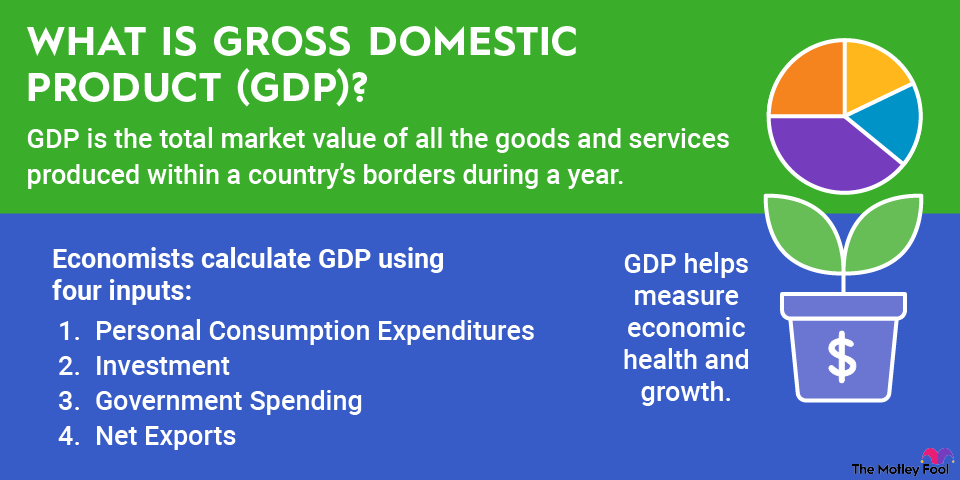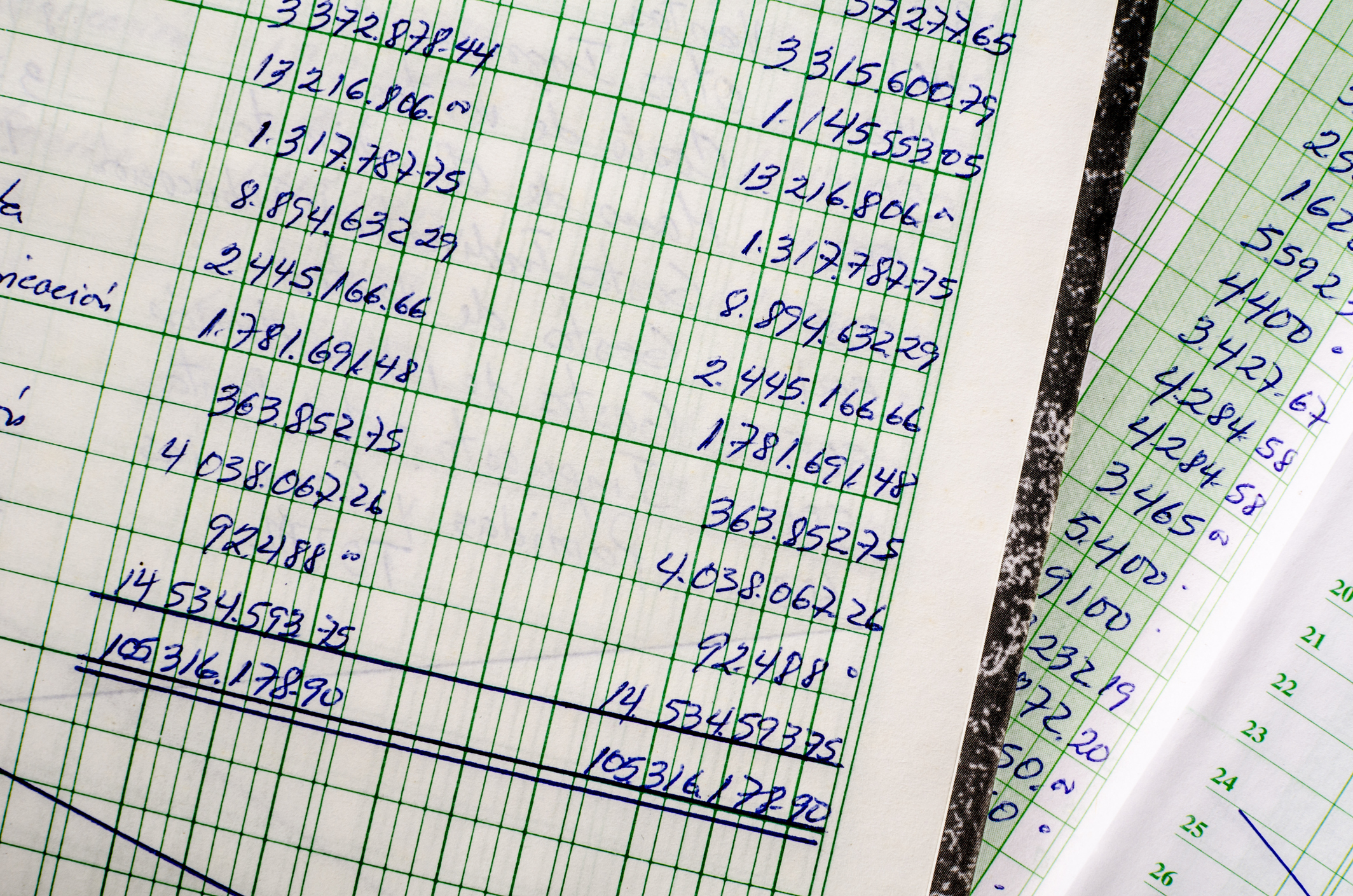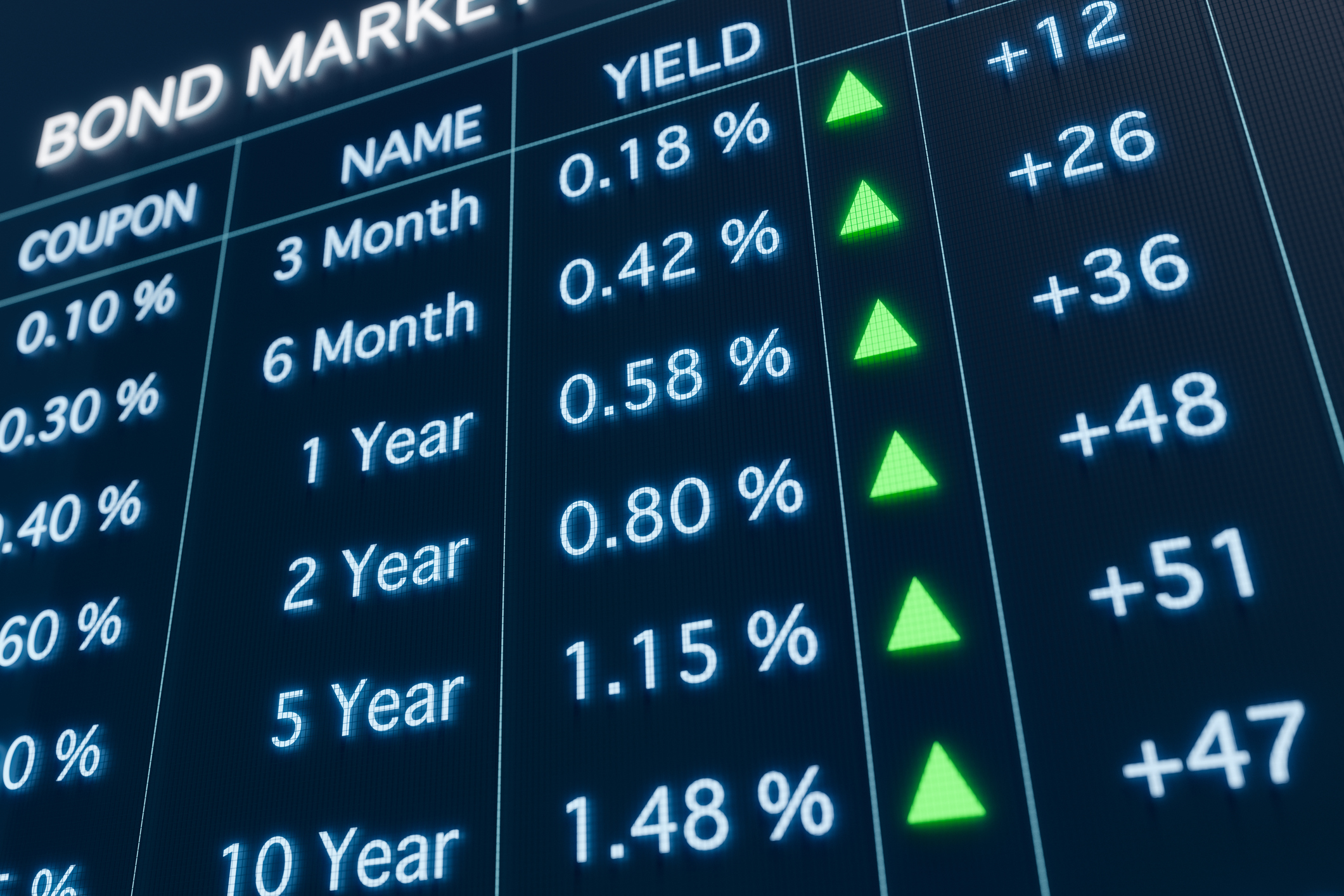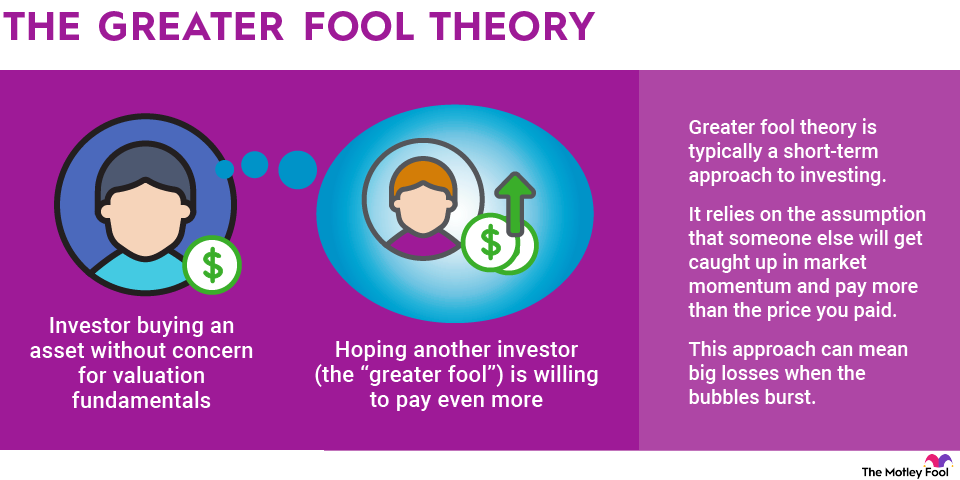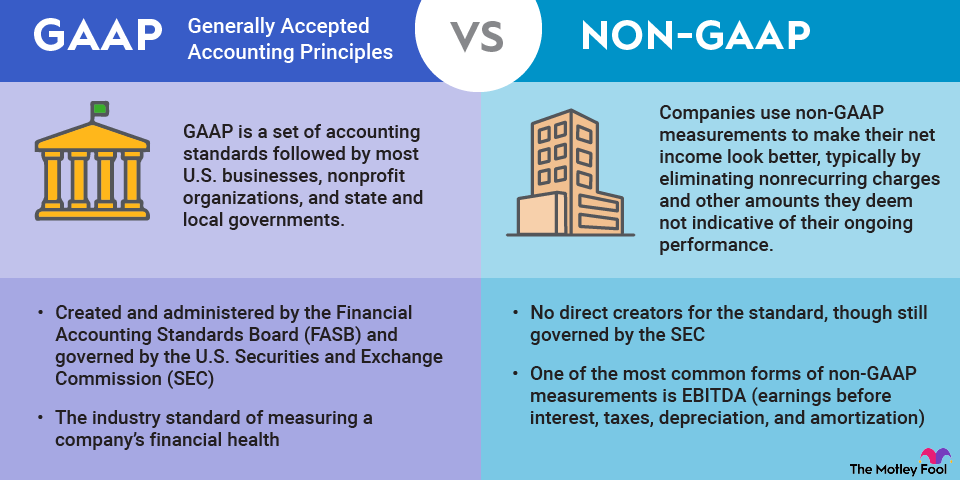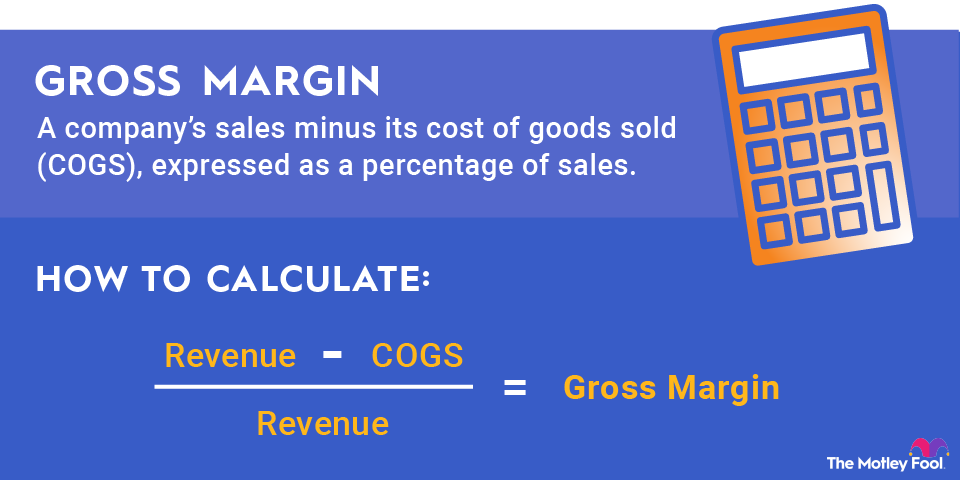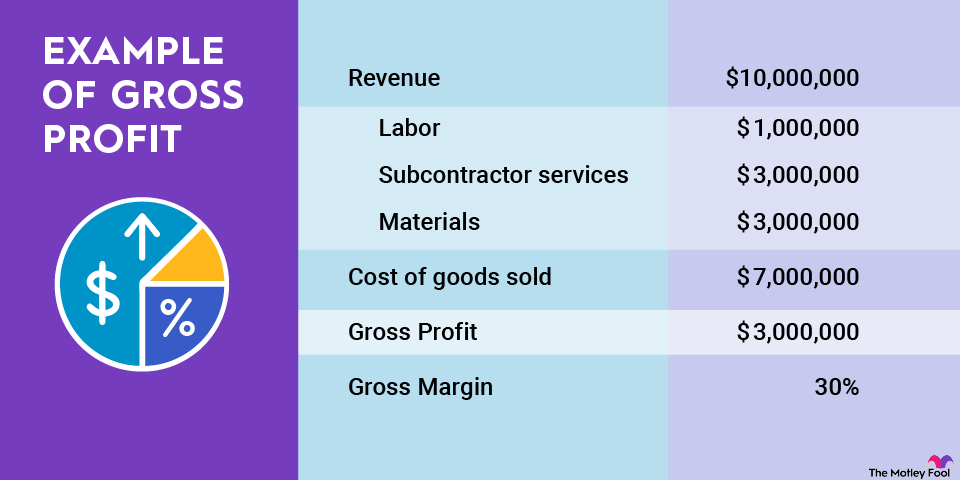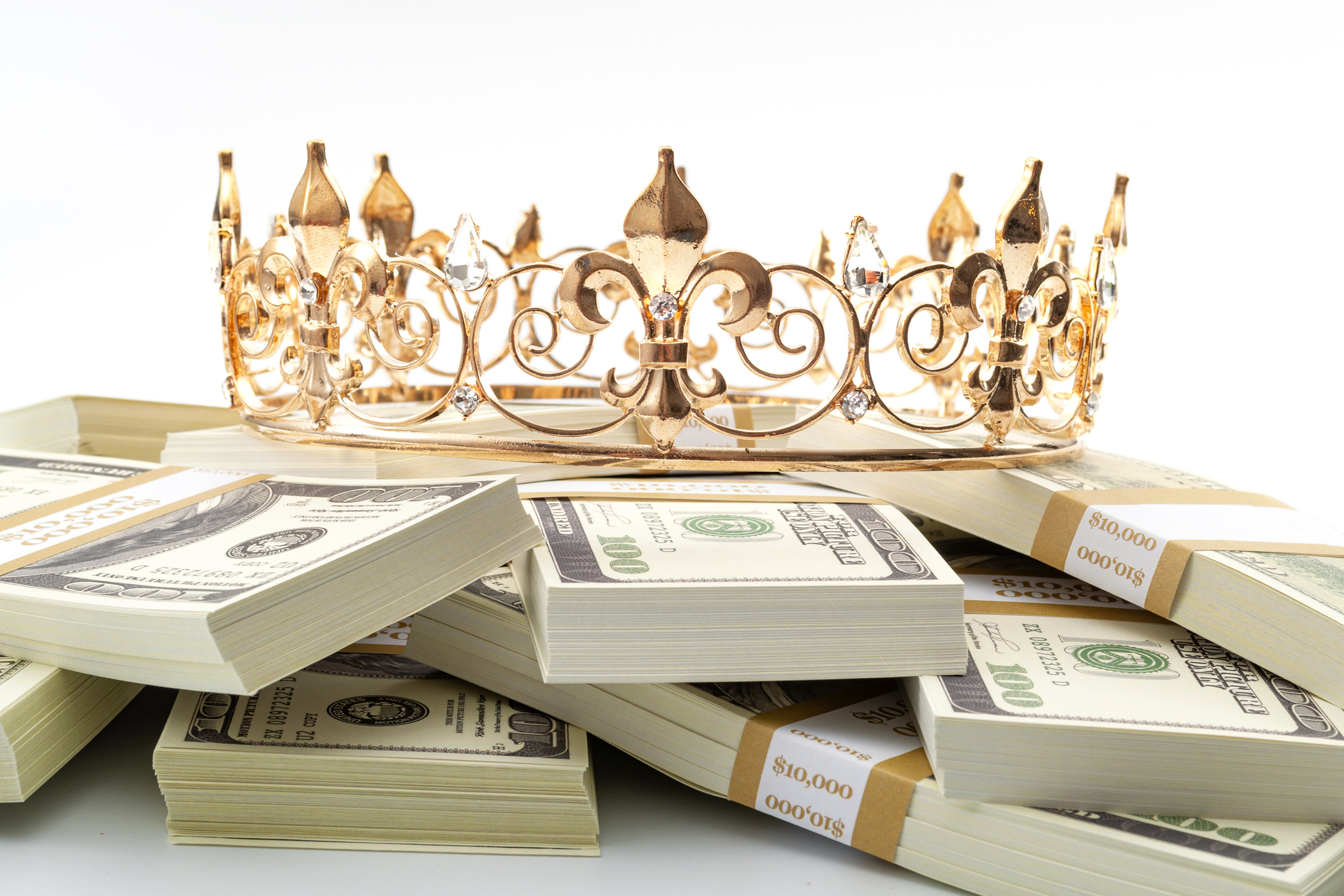Understanding your loan terms is important for financial success. It's worth paying attention to items that you may not be overly familiar with, like the grace period. Let's walk through what that means for different types of loan products.

What is a grace period?
A grace period is different things for different types of loans. But for many types of consumer debt, it refers to a period after the due date when you can still make a payment, and it won't be considered late. Mortgages usually have a 15-day grace period between their due date of the first of the month and the 15th of the month, during which time you can make your mortgage payment without creating any issues for yourself when it comes to your credit or your loan agreement.
However, a grace period when it comes to student loans or credit cards is a very different kind of thing, and these terms will be spelled out specifically in your loan agreement. This is why it's so important to review all the terms of a loan before signing the documents.
Grace periods for credit cards
Grace periods for credit cards refer to the period between when you acquire the debt and interest starts accruing. It's typically about 21 days but can be as many as 25 days. It would be a rare thing to find a credit card offering anything beyond that. So, if you charge $300 on your credit card, you'd have 21 days to pay that balance in full without any interest accruing.
However, there's a catch to all of this. If you're carrying a balance, you may not have a grace period at all. For many credit cards, that's the deal. You get a grace period if you pay in full every month (or have paid your balance off entirely for a while before you use it again), but if you don't use your card in that way, you don't. Check your cardholder agreement for the exact terms of your grace period.
A real-world example of this would be if you had a credit card that you never used but decided to start using for your monthly groceries. Each month, you'll get a bill for however much you spent -- let's say $600. So, within the 21 days following your grocery spree, you can pay that $600 without having to pay any interest fees, provided you always pay it in full and on time.
Interest Rate
Grace periods for student loans
Student loan grace periods are different. For the most part, a grace period for a student loan is the time between when a student leaves school and when repayment begins. For federal student loans, this is typically about six months, although the terms are very different for PLUS loans. With PLUS loans, you generally can still get the six months, but you'll have to apply for it as a deferment.
Private student loans don't necessarily have the same grace period. If you're nearing graduation or considering dropping out of school and have a private student loan, you'll need to check the loan agreement carefully for any hints about what your grace period may be. If you can't find it, contact your lender for the information. Be sure to get the grace period information in writing so you have that to fall back on if there's an issue.
When it comes to student loans, grace periods give you room to find work. If you're a student just graduating with federal student loans, your six-month grace period means no required payments -- not even interest payments -- while you hunt for a job and try to start your life.
Related investing topics
Grace periods for other kinds of consumer debt
Other kinds of consumer debt, especially mortgages, car loans, and personal loans, have grace periods that amount to a penalty-free window that allows you to make a late payment. It's not really a late payment since it's during your grace period, of course. This can help people who may not get paid on set days of the month but instead are paid every other week or the first and third Friday.
Grace periods are beneficial for you as a consumer since they give you more time to make your payment without denting your credit score if something comes up. As with other debt, make sure to check your loan agreement for the full details on your loan grace periods, as they aren't always the same.
In the real world, borrowing money to buy a car is a really common situation. But if you get paid on the 20th, and your car payment is due on the 19th, even a short grace period can save your bacon (and your credit score) by giving you the flexibility to pay when you're able.
